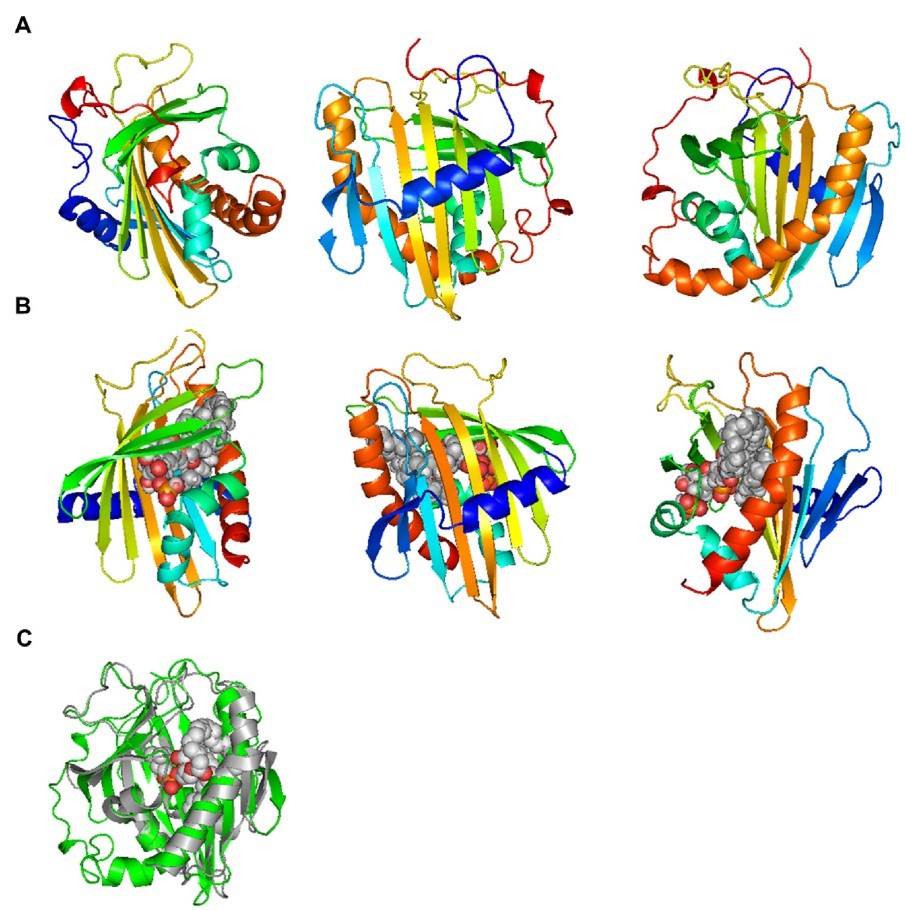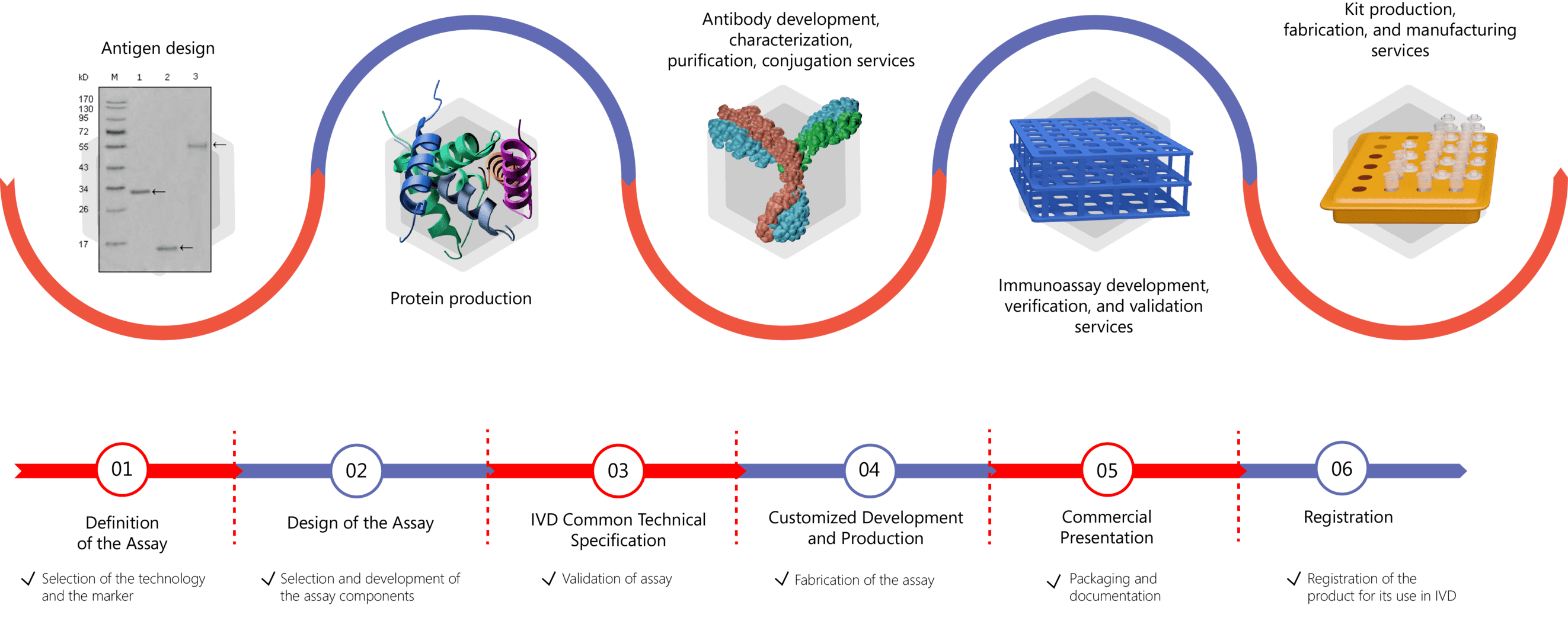Creative Biolabs is one of the leading custom antibody generation and development providers. We specialize in the generation of antibodies against a wide range of targets for R&D, diagnostic, and therapeutic applications. Currently, we have launched a series of in vitro diagnostic (IVD) antibody development services targeting numerous diagnostic biomarkers of human diseases. Here, we introduce the potential of StAR-related lipid transfer protein 10 (STARD10) as a biomarker for breast cancer diagnosis.
Introduction to StarD10
The steroidogenic acute regulatory protein (Star)-related lipid transfer (StarD) domain is a protein with 210 amino acids in length that binds lipids. StarD10, a member of the StarD domain family of lipid-binding proteins, has selective binding sites with phosphatidylcholine (PC) and phosphatidylethanolamine (PE). Given its function as a lipid transfer protein, StarD10 may be involved in replenishing membranes with PC and PE metabolized by phospholipases. StarD10 is highly expressed in the liver and is involved in the regulation of bile acid metabolism. It is worth noting that StarD10 expression is upregulated in a significant proportion of both colon and breast cancer, indicating a potential role in the development of cancer. Interestingly, StarD10 was found to be co-expressed with ErbB1/ErbB2 in several breast cancer cell lines and to cooperate with the ErbB pathway in cellular transformation. However, there is no apparent correlation between StarD10 expression and that of either ErbB1 or ErbB2 in cell lines.
StarD10 as A Diagnostic Biomarker for Breast Cancer
Despite significant advances that have been made in the early detection, diagnosis, and treatment of breast cancer, the increase in morbidity and mortality has made breast cancer the most common malignancy among females, ranking as a growing health-threatening disease worldwide. In recent years, a large number of studies have found StarD10 is overexpressed in mouse breast tumors, in 35% of primary human breast cancers, and 64% of human breast cancer cell lines. This data supports the role of StarD10 as a lipid-binding protein in deregulated cell growth and tumorigenesis. StarD10 can enhance the activation of specific phospholipases in cells, thereby contributing to abnormal lipid signaling and cellular transformation. Therefore, StarD10 may be a predictive biomarker for breast cancer and is significantly associated with malignant transformation of cells.
 Fig.1 Structure of STARD10.1
Fig.1 Structure of STARD10.1
IVD Antibody & Immunoassay Development Services Provided by Creative Biolabs
IVD antibodies are essential elements of commercial antibody-based IVD kits. Creative Biolabs has built an IVD platform for not only the development of high-quality antibodies for diagnostic use but also antibody & antigen conjugation and IVD kit development. Our expertise lies in different immunoassay formats, such as lateral flow immunochromatographic assays, ELISA, latex-enhanced immunoturbidimetry, etc. For more detailed information about what we offer for each stage of the development process, please click the links below:
- IVD Antibody Development
- Antibody Pair Development
- Antibody& Protein Conjugation
- IVD Immunoassay Development

Please feel free to contact us for more information and discuss your project needs.
Reference
- Carrat, Gaelle R., et al. "The type 2 diabetes gene product STARD10 is a phosphoinositide-binding protein that controls insulin secretory granule biogenesis." Molecular metabolism 40 (2020): 101015. Distributed under Open Access license CC BY 4.0, without modification.
For Research Use Only.